Mockingjay and violence
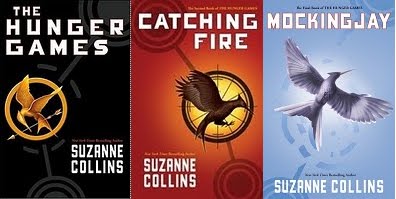 OMG OMG I, like, totally couldn’t, like, wait to read this! I pink puffy heart LOOOOOVE Suzanne Collins! Go Team Peeta! Oh, wait, I’m a 37-year-old grown-up. Sorry about that.
OMG OMG I, like, totally couldn’t, like, wait to read this! I pink puffy heart LOOOOOVE Suzanne Collins! Go Team Peeta! Oh, wait, I’m a 37-year-old grown-up. Sorry about that.
Actually, I want to write about Mockingjay and violence, and why I am totally o.k. with it. When I described this book to my mother and the Husband recently they looked at me oddly and both agreed that it doesn’t sound like the kind of book I would touch. They’re right. But I loved it. It doesn’t really matter that I loved it, however, for the purposes of this post. One agent whose blog I follow (I think it was Nathan Bradford but I wouldn’t bet my life on it), had an interesting point about book discussions: he states that he doesn’t really care whether you like a book, he wants to know what you think the author was trying to do, and if she succeeded. Suzanne Collins, in the Hunger Games Trilogy, is focusing a sharp lens on the impact of violence on societies, on children, on humans in general.
The Hunger Games books are not perfect, but they are ambitious and impressive. And the extreme violence is needed, I believe, for her to tell her story. The main characters all fall somewhere on the spectrum of comfort/willingness and discomfort with the violence their world requires. Snow, Coin, Haymitch, Gale, Katniss, Peeta and the rest: they each must use violence, but each is damaged by it (either through their own murders or through the psychological harm it inflicts). Peeta is the voice of compassionate reason. He states in Mockingjay, “[killing] costs a lot more than your life. To murder innocent people? It costs everything you are.”
This message, I think, is the soul of the Hunger Games. The violence has real repercussions, even for the survivors, even for the pragmatists. Rereading the later Harry Potters recently, I think it is no coincidence that Rowling did not have Harry casting killing spells, even at Belatrix Lestrange or Voldomort, but rather has Harry trying to disarm them. It sometimes strains belief that Harry, even in his goodness, wouldn’t aim to kill, but Rowling is smart enough to know that if Harry becomes a killer, even of such evil, he will be profoundly different. She presumably didn’t want him changed in that way. And in other popular books, such as Percy Jackson, we see young protagonists slashing away at monsters that conveniently turn to ash or dust when stabbed, so as to avoid a messy death of a living thing. These violent encounters leave the characters unchanged, and we see no character development or reflection on the need for such violent acts.
Mockingjay is not a really happy ending, and it shouldn’t be. There is some redemption, and some measure of a life reclaimed, but Collins does not try to give us a happily-ever-after. Interestingly, Rowling used similar words as Peeta in Harry Potter; the idea that killing innocents changes you forever. In the first Harry Potter book Voldomort kills unicorns to drink their blood, and we are told that to slay such innocent creatures curses one to a half-life, barely alive but unable to die. Collins shows us what that half life looks like. And then shows us that it can be survived.
So…violence in Mockingjay. It is there for a reason, it makes us squirm, it makes us distressed, it makes us ask questions. I’m much more concerned when violence is presented with a shiny gloss over it, shown as just a natural action sequence with no more lasting implications than newly tousled hair. Will I let my children read this when they are older? Absolutely. Will we talk long and hard about the book? You bet. I’d love to hear other thoughts on violence in these books or in other popular movies and books…anyone, anyone? Bueller?

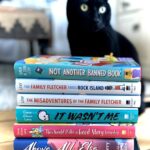
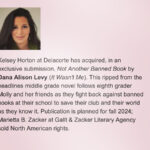





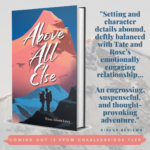

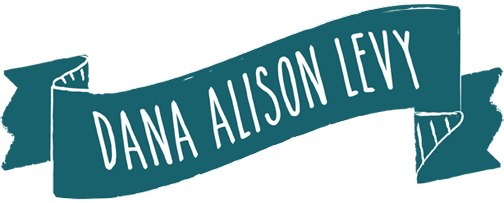

Recent Comments